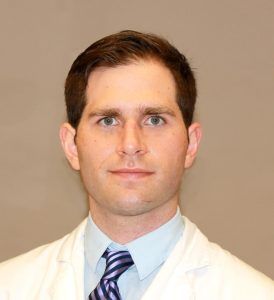Meet Hope Head On: My Journey with a Meningioma Brain Tumor
A brain tumor diagnosis can be a life-altering experience, but I chose to meet hope head on. With a positive attitude and a bit of stubbornness, I tackled my diagnosis and surgery in 2013 when a large meningioma was found in my brain. My motto has always been, “If someone says I can’t do something, I say, ‘Watch me!'” This mindset became my guiding force during one of the toughest times in my life.
My Brain Tumor Diagnosis and Surgery
In 2013, I underwent surgery to remove a large meningioma. Although I was fortunate that the tumor was not cancerous, it had grown veins that were stealing blood from my brain. The surgeon had to cauterize these abnormal veins to prevent future brain bleeds, a critical part of my surgery. What made my surgery unique was my doctor’s decision to avoid a blood transfusion, and I’m so grateful for that.
Dr. Steinberger of Mt. Sinai Hospital explained why avoiding a transfusion was important. Without one, I would heal faster, lower my risk of infection, and eliminate the chance of receiving the wrong blood type or a blood-borne disease. He used a device called a cell-saver, which collected any blood I lost during surgery, cleaned it, and returned it to my body.
It wasn’t until I reviewed the paperwork that I fully understood the risks associated with blood transfusions. They were listed alongside other high-risk behaviors like smoking or drug use. I realized how critical it was to avoid the added risk and potential complications that could come from transfusions.
Recovery and Another Unexpected Discovery
My surgery was a success, but recovery brought its own challenges. I experienced some hallucinations, migraines, and occasional focal seizures as my brain and body worked to heal. Despite these issues, I felt an immense sense of gratitude for my surgeon and the advanced medical techniques that helped me recover safely.
During a follow-up MRI, my neurologist discovered another small tumor, about the size of a pea. Thankfully, this one is calcified and growing very slowly. For now, we’re keeping a close eye on it to ensure it doesn’t cause any issues.
Lessons Learned and Moving Forward
This experience has taught me so much. I’ve learned about the incredible advancements in brain surgery and how new techniques can make recovery easier. I’ve gained a deeper compassion for others facing health challenges and have found that my faith has grown even stronger.
I’m grateful for the opportunity to share my story in the hope that it might inspire others facing similar challenges. Meeting hope head on isn’t easy, but with the right mindset and a strong support system, it’s possible to come through even the hardest times stronger than before.
Key Takeaways:
- Positive Attitude: Keeping a positive mindset and refusing to give up made a huge difference during my brain tumor journey.
- Advanced Surgical Techniques: My surgeon’s decision to avoid a blood transfusion sped up my healing and reduced risks.
- Continued Monitoring: Regular follow-ups, like MRIs, help monitor potential future issues, such as my small, slow-growing tumor.
- Hope and Compassion: Facing this experience head-on gave me a renewed sense of hope and compassion for others in similar situations.
If you’re going through a similar journey, remember that every step forward counts. Meeting hope head on may feel daunting, but it’s possible to turn a challenging diagnosis into a source of strength and growth.




















